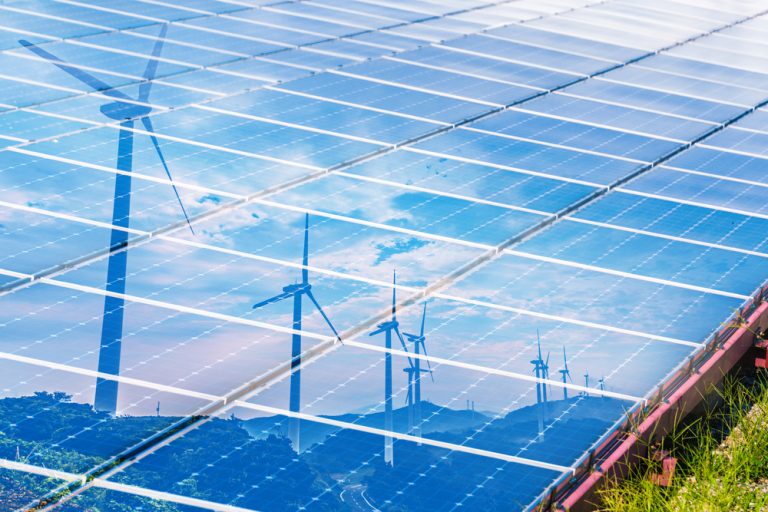Jakarta – Indonesia faces major challenges in achieving its greenhouse gas (GHG) emission reduction targets and transitioning to renewable energy. These include inconsistent regulations that will slow the development of the renewable energy sector, according to University of Indonesia academics.
Experts and industry players argue that frequent policy changes and a lack of legal certainty have hampered investment in the clean energy sector. At the “Environmental Night” event on Friday, October 18, Yuki MA Wardhana, a lecturer at the University of Indonesia’s School of Environmental Science (SIL UI), emphasized the importance of regulatory stability in the energy transition.
“The transition to renewable energy is urgent, but without clear and consistent policies, we will face uncertainty that slows down the progress of this sector,” he said.
According to Yuki, regulatory uncertainty is particularly evident in implementing the carbon tax and the policy of early retirement of coal-based power plants. Meanwhile, Presidential Regulation No. 112/2022, which stipulates the renewable energy mix, has yet to provide clear direction for investors.
“We need more incentives for the private sector to invest in renewable energy, as well as legal certainty that makes them feel safe investing here,” he added.
Data from the Global Risk Report 2024 released by the World Economic Forum also shows that 74% of the loan portfolio in Indonesia’s banking system is linked to sectors potentially exposed to climate transition risks. Among these sectors, coal-based power plants are the most vulnerable to early retirement policies, which are part of the government’s plan to achieve Net Zero Emission targets by 2060.
“Early retirement of coal power plants is necessary to accelerate the energy transition. However, if clear regulations and adequate funding do not support this policy, we will face the risk of economic instability,” Yuki said.
The oil and gas environmental engineering and safety coordinator at the Ministry of Energy and Mineral Resources, Kusnandar, acknowledged that the fossil energy sector is still needed in the energy transition. “Natural gas, for example, will act as a transitional energy before renewable energy can fully meet national energy needs,” he said.
However, he added that implementing low-carbon technologies such as Carbon Capture Storage (CCS) regulated through Presidential Regulation No. 14 of 2024 needs to be strengthened to support this transition.
Inconsistent regulations also affect emission reduction efforts in the mining sector. Hendra Gunawan, Director of Engineering and Environment of the Directorate General of Mineral and Coal, said that his office is collecting data related to post-mining reclamation to ensure that businesses comply with environmental restoration obligations.
“We want to ensure that mining in Indonesia supports emission reduction targets with sustainable practices,” he said.
Although regulations related to renewable energy have been issued, their implementation in the field is still far from expected. The complicated bureaucratic process, lack of fiscal incentives, and frequent policy changes have discouraged businesses from investing in renewable energy projects. According to Yuki, better synergy between the public and private sectors is needed to address these issues.
“Without strong synergy between the government, businesses, and educational institutions, we will struggle to achieve the Net Zero Emission target. A comprehensive risk mitigation approach must be implemented to maintain economic stability during the transition process,” Yuki concluded.
With the increasing need for clean energy, clear and consistent regulations will be key to driving the growth of renewable energy in Indonesia. (Hartatik)













